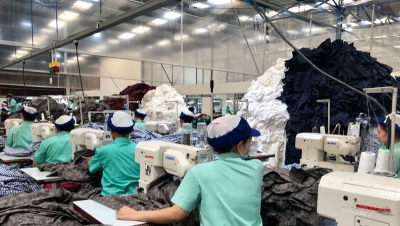Channels of Buyer Influence and Labour Standard Compliance: The Case of Cambodia's Garment Sector

Key Insights for Managers
How do buyers influence their suppliers’ working conditions? Analyzing compliance data from the International Labour Organization’s (ILO) Better Factories Cambodia and survey data, author Chikako Oka finds that suppliers that serve buyers via sourcing agents exhibit worse compliance with labor standards. In the context of Better Factories Cambodia, where factories average 18 ILO non-compliance items (among 400 possible), those factories that transact with buyers via sourcing agents comply with 5.7 - 10.1 fewer items than factories that transact directly with buyers. Additionally, suppliers exhibit better compliance when their buyers are part of multi-stakeholder initiatives such as the Ethical Trade Initiative. In particular, those factories producing for buyers in such multi-stakeholder initiatives comply with 5.6 – 7.0 more items than factories producing for buyers that are not in multi-stakeholder initiatives. Buyers can generally expect better working conditions among factories that serve buyers directly (rather than via sourcing agents) and among factories that already produce for multi-stakeholder initiative buyers.
